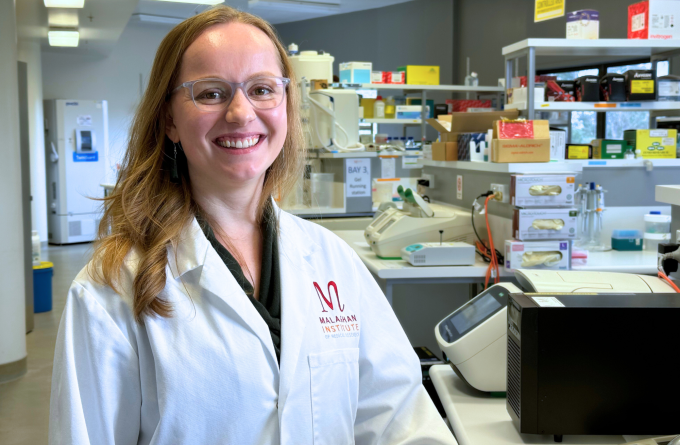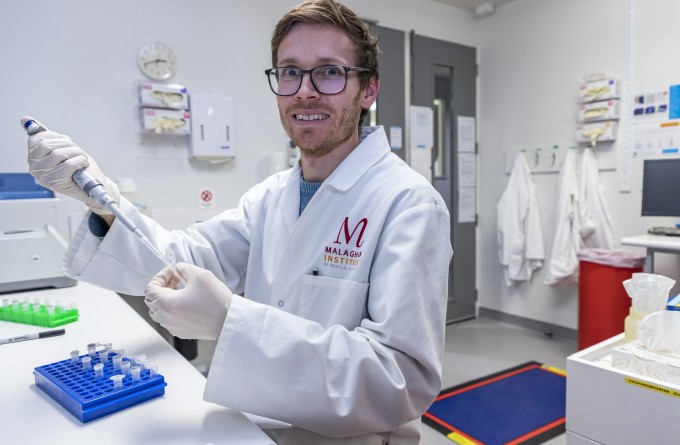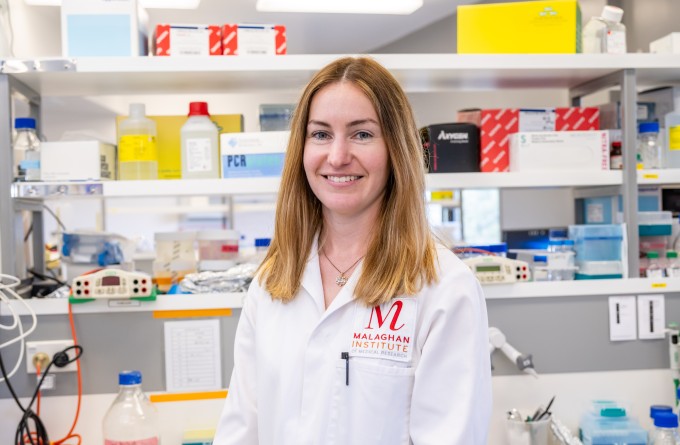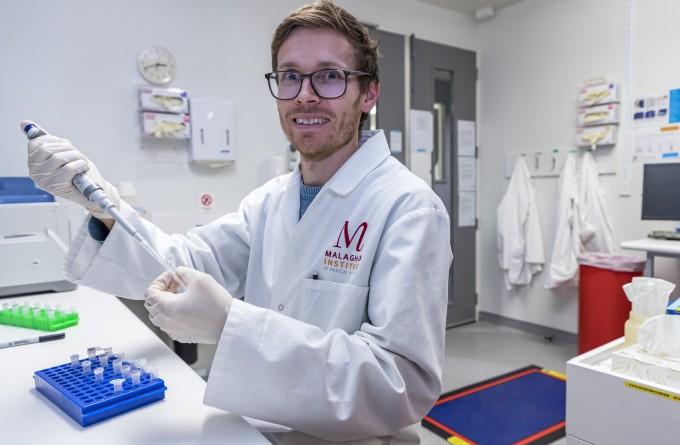13 October 2023
Recent research from the Malaghan Institute of Medical Research is offering new insight into how fruit and vegetables might protect against inflammatory bowel diseases.

Dr Jeffry Tang
“These findings offer a deeper understanding of the intricate relationship between our diet and immune health,” says Malaghan Institute Senior Research Fellow, Dr Jeffry Tang, from the Gasser Laboratory. The study is funded by the High Value Nutrition National Science Challenge, Ko Ngā Kai Whai Painga.
“It’s a significant step towards understanding and potentially developing dietary strategies to manage inflammatory bowel diseases.”
Over 20,000 people are afflicted with inflammatory bowel diseases in New Zealand alone. It refers to diseases characterised by chronic inflammation of the gastrointestinal tract, often caused by the over activation of immune cells in the gut.
For the immune system to maintain equilibrium in the gut, it must strike a delicate balance. It needs to be sufficiently active to effectively combat infectious diseases, yet not so aggressive that it induces inflammation in intestinal cells. This equilibrium is achieved by various immune cells: some amplify immune responses, while others foster tolerance to the diverse stimuli within the gut. With inflammatory bowel diseases, this balance is tipped so the immune system overreacts.
“Diets rich in fruit and vegetable are believed to help maintain a healthy intestine and be especially beneficial for people with inflammatory bowel disease,” says Dr Tang.
“What we don’t exactly know is why. Why are fruits and vegetables good for immune balance? This is a black box we have to unpackage.”
With this novel study, Dr Tang and his team have started to answer these questions, building the bridge between nutritional immunology and chemistry.
Previous studies looking at individuals with ulcerative colitis, a type of inflammatory bowel disease, have found that their CD4+ T-cells, a distinct population of immune cells, have an altered expression of a molecule called G Protein-Coupled Receptor 15 (GPR15). The role of GPR15 is to help CD4+ T-cells migrate from the blood to the gastrointestinal tract, suggesting that modulating its expression could have some therapeutic benefit for inflammatory bowel diseases.
“We found this really interesting because we have been examining another molecule called the aryl hydrocarbon receptor (AhR) which seems to control GPR15 expression,” says Dr Tang.
“While it was known that active compounds from fruits and vegetables can interact with AhR, it was unclear whether this can translate to the regulation of GPR15 expression, particularly in CD4+ T-cells.”
This led Dr Tang and his colleagues to explore whether the well-documented health benefits of eating fruits and vegetables might be linked to their role in directing beneficial immune cells to the gut through GPR15, while redirecting inflammatory cells away from it.
“We studied specific compounds derived from eating fruits and vegetables, namely polyphenol and glucosinolate metabolites. We showed they can indeed modulate AhR activity and GPR15 expression in CD4+ T cells,” says Dr Tang.
The findings suggest that the interaction of dietary compounds with AhR might control the migration of immune cells towards the gut and thereby dampen local inflammation.
“Our study points to specific compounds derived from eating fruit and vegetables that may positively affect immune balance. This is only the tip of the iceberg but it’s a step forward in uncovering the intricate ways in which dietary compounds might influence our gut health.”
Related articles

Fever: too hot to handle or the body's first line of defence?
22 August 2024

RNZ Our Changing World: Targeting bacteria, and health inequities
4 July 2024

New research deepening understanding of elusive eosinophils
27 June 2024

Double doctor: exceptional thesis awarded to Malaghan gastroenterologist
5 June 2024

Double doctor: exceptional thesis awarded to Malaghan gastroenterologist
5 June 2024

New clinical research aims to reduce stomach cancer rates and disparities in New Zealand
28 May 2024
